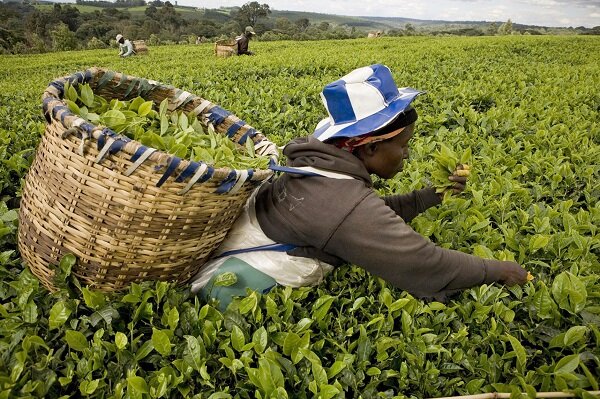KTDA rolls out literacy programme for tea farmers
By Claire Wanja/Release
The Kenya Tea Development Agency Management Service Ltd (KTDA-MS) has started the rollout of a three year financial literacy programme for small holder tea farmers countrywide.
The programme is built on three pillars, namely, curriculum development, training of trainers and training of farmers by those who have undergone TOT in their respective regions.
The full rollout of the programme, in which KTDA is partnering with the International Finance Corporation (IFC) and Unilever, commenced in Kapkatet Tea Factory Company following two pilot activities in Kericho and Kirinyaga over the last few months.
The programme is designed to improve financial literacy for 330,000 smallholder tea farmers countrywide. The idea is to get farmers to start managing their tea holdings as business entities and not just as tea farms.
Some of the areas to be covered include record keeping; calculating profit margin, expense ratios and profit ratios; using money wisely (savings, investments and expenses) and effective management of money obtained from credit facilities.
KTDA believes improved financial literacy will help farmers to effectively manage both their farms and the income. This will in turn improve productivity per bush and establish alternative income streams for the farmers.
A comprehensive training program to be delivered over three years to 330,000 small holder tea farmers and staff of factory tree farms has been prepared and is ready for implementation.
The training will be delivered through the Trainer of Trainers (TOT) methodology. A core team of 134 trainers, 2 from each of the 67 factories has been selected.
Priority will be given to those who have been trained on Good Agricultural Practices (GAPS) and certification under the farmer field schools programme.
Those who will have gone through the TOT will then roll out the training programme to fellow farmers in their respective regions.
Each trainer is expected to train 82 groups of 30 farmers each over 3 years. That translates to 2460 farmers per trainer bringing the total number of farmers reached over the period to 330,000.





